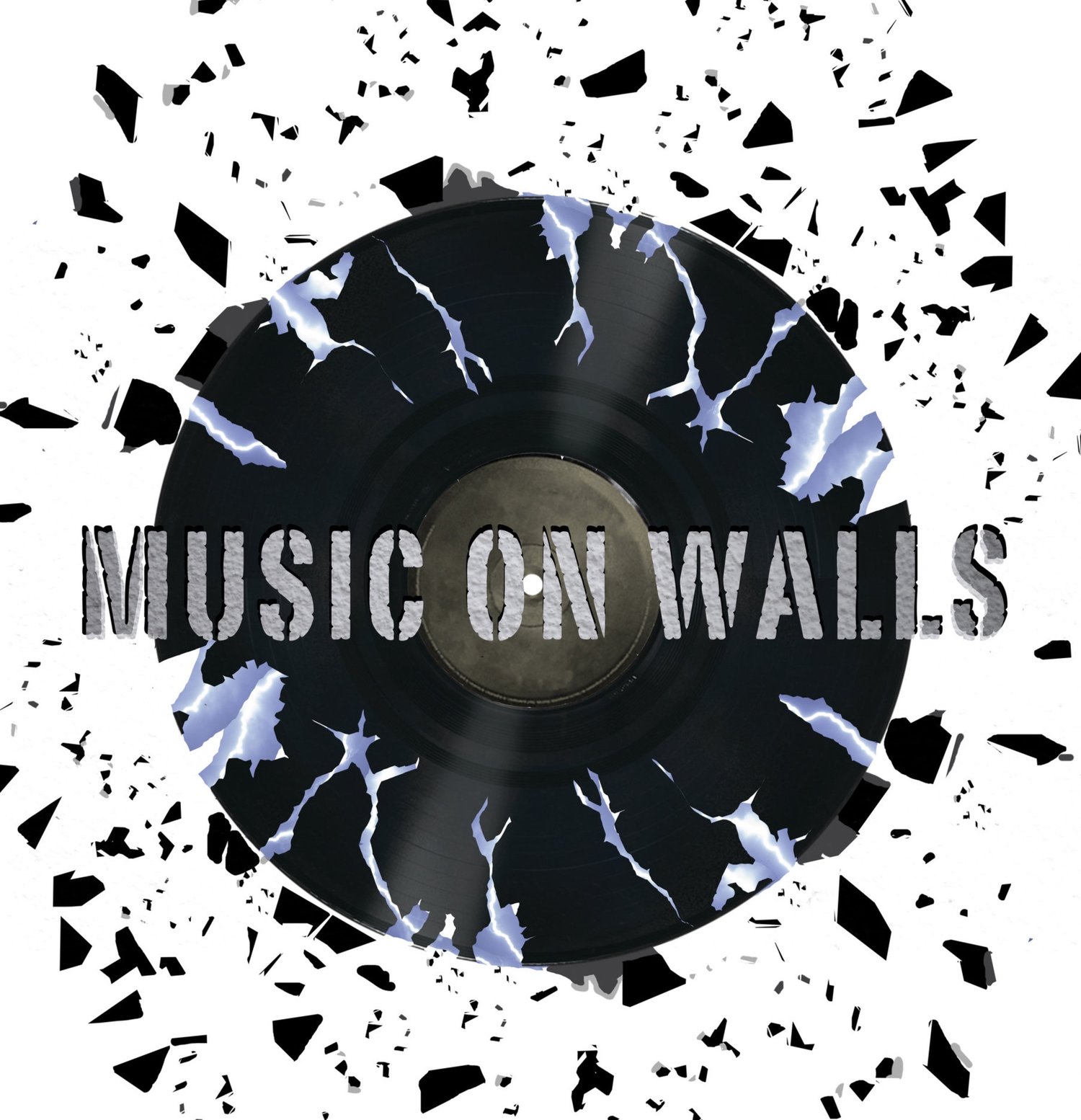Seasoned And Embarrassed Like A Wet Dog
/
Sade Gallery in Los Angeles presents Seasoned And Embarrassed Like A Wet Dog, a new solo show by Mario Ayala
“Seasoned And Embarrassed, Like A Wet Dog” will have an opening reception on Sunday, February 26, 2017 from 7–11pm,and will be on view at SADE LA, 204 South Avenue 19, Los Angeles, CA, 90031, from February 26, until March 25, 2017. Gallery hours: Tuesday –Saturday, 1-6pm, and by appointment.
For further information, please contact gallery@s-a-d-e.la
The title of this exhibition, translated literally, reads, ‘like a wet dog / experienced and embarrassed’. Through his alternate interpretation, Ayala unfolds this idiom, inviting the viewer to share in his parallax understanding of the language, symbols, and traditions that shape his lived experience. ‘Medium Rare’, the first work conceived and produced for the exhibition, presents an image of this translation, and perhaps, of the artist: marinating, steaming, caged, observing the world as it passes through a slightly obscured frame.
In a constellation of allied practices that cut across fine and applied arts, Ayala works with and through vernacular modes of cultural expression, materials, and imagery, reconfiguring them to present a distinctly personal visual lexicon. A diverse range of specific historical referents and deeply engaged and brought into discourse with the language and methods of Ayala’s own contemporary artistic practice. Eschewing the impulse to index or codify these symbols, Ayala, through an empathic eye and sincerity of means, melds his personal sentiment with shared cultural memory. The ‘Violet Rose’, Wayne Dickey’s 1966 Chevy Impala lowrider, is reimagined as a barbeque. The Sixth Street Bridge stands defiantly against an amber sky, painted from memory. Illustrations from publications ‘Mi Vida Loca’ and ‘Teen Angel’ are repurposed and introduced in both sculpture and painting. The feces of Ayala’s own dog, cast in bronze, is littered throughout the gallery space.
These works, made in the shadow of Chavez Ravine, and depicting the texture of the neighborhood in which they are exhibited, synthesize historical reference with Ayala’s own probing into his personal identity. Collectively, they offer a glimpse less into the art of a culture as they do into Ayala's own ponder-heart: seasoned and embarrassed.
Accordion, 2017
Airbrush on Canvas
72” x 96”






